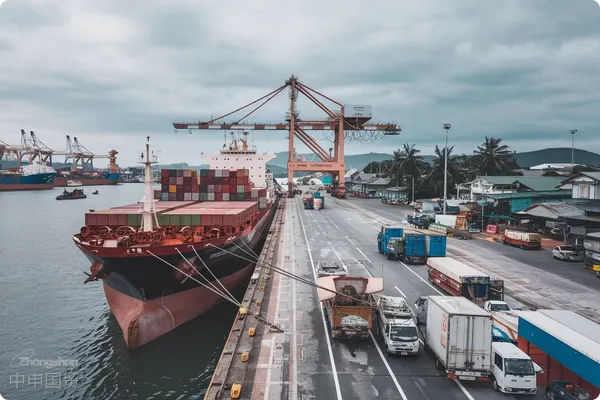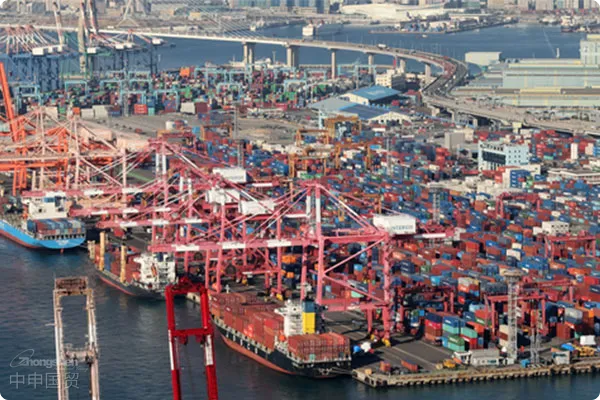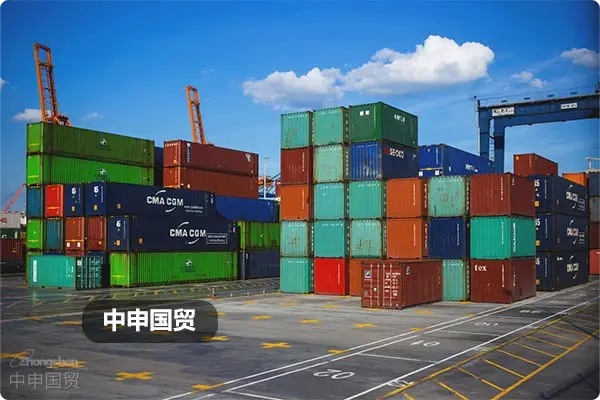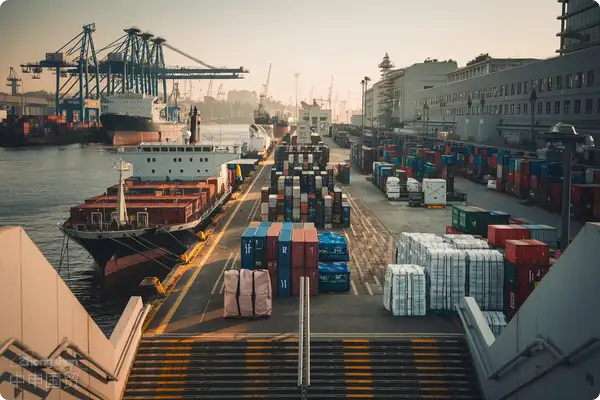- Shanghai Zhongshen International Trade Co., Ltd. - Two decades of trade agency expertise.
- Service Hotline: 139 1787 2118

What isimport and exporttrade agency? How does it differ from self-operated import and export?
Import and export trade agency refers to a professional company with AEO (Authorized Economic Operator) certification from customs, representing enterprises to completecustoms declaration, inspection, foreign exchange verification, and tax refund declarationand other full-processforeign tradeoperational services. Compared to self-operated import and export, the agency model can help enterprises:
- Save costs on building a professional team (annual savings of approximately 400,000 RMB)
- Avoid risks of customs delays due to documentation errors
- Leverage the agencys existing customs credit rating (e.g., in 2025, AEO Advanced Certification enterprises have an inspection rate of only 3%)
2025 importExport RepresentationWhat core services are included?
Modern foreign trade agencies have evolved from basic customs declaration services tofull-chain solutions:
- Trade compliance services
- Application of RCEP Rules of Origin (New ASEAN-South Korea Tariff Reduction Clause Added in 2025)
- EU Carbon Border Adjustment Mechanism (CBAM) Declaration Guidance
- Intelligent Customs Clearance System
- Real-time Data Exchange with Customs Single Window Version 3.0
- AI Pre-screening System Reduces Declaration Error Rate Below 0.2%
- Supply chain financial services
- Blockchain-basedExport DrawbackAdvance Payment Service
- Letter of CreditElectronic Document Submission System
How to choose a reliable import and export trade agency?
Recommend evaluating agency qualifications through three dimensions:
- Compliance Ability: Check customs credit rating (prioritize AEO Advanced Certification enterprises)
- Technical Capabilities: Whether equipped with intelligent customs clearance systems (e.g., automatic classification, risk warning functions)
- Industry experience: Focus on special requirement handling capabilities in target markets (e.g., EUs newly implemented EPR regulations in 2025)
Pay special attention to verifying the agencysactual service cases, requesting clearance records of similar goods over the past three years. Beware of false claims like 100% inspection-free - reputable agencies should provide reasonable expectations based on historical data.
What hidden costs may arise from entrusting an agency?
Beyond basic agency fees (typically 0.5%-1.5% of cargo value), pay special attention to:
- Special document preparation fees (e.g., MSDS certification for hazardous chemicals)
- Additional customs audit service fees (2025 customs inspection frequency increased 20% YoY)
- Exchange rate lock expiration operation fees (funding costs beyond agreed settlement date)
It is recommended to adoptTiered pricing contracts, clearly specifying basic service packages and value-added service breakdowns. Quality agencies provide fee simulation calculators for online overall cost estimation.
How will 2025 policy changes impact agency services?
Three major policy trends requiring attention this year:
- Mandatory digital customs declaration: General Administration of Customs requires all declarations to be transmitted electronically starting June 2025
- Escalation of green trade barriers: Major importing countries added 28 new environmental certification requirements
- Expansion of regional trade agreements: Customs rule changes from operational launch of African Continental Free Trade Area (AfCFTA)
Professional agencies should proactively providepolicy adaptation servicesIncluding regulatory interpretation sessions and compliance transformation plans. It is recommended to verify the quality of regulatory update briefings provided by agents on a monthly basis.
What transition issues should be considered when switching from self-operation to agency?
When switching business models, enterprises need to make three preparations:
- Migration of historical transaction data (recommended to retain 3-year query access to the original system)
- Transfer of IC card permissions for Customs Electronic Port (requires notarization of legal authorization letter)
- Desensitization of supplier/customer information (using data encryption transmission protocols)
Special attentionDual management during the transition periodIt is recommended to set up a 6-month parallel period where original customs personnel and agency companies jointly handle declaration matters to ensure business continuity.
Related Recommendations
? 2025. All Rights Reserved. 滬ICP備2023007705號-2  PSB Record: Shanghai No.31011502009912
PSB Record: Shanghai No.31011502009912










